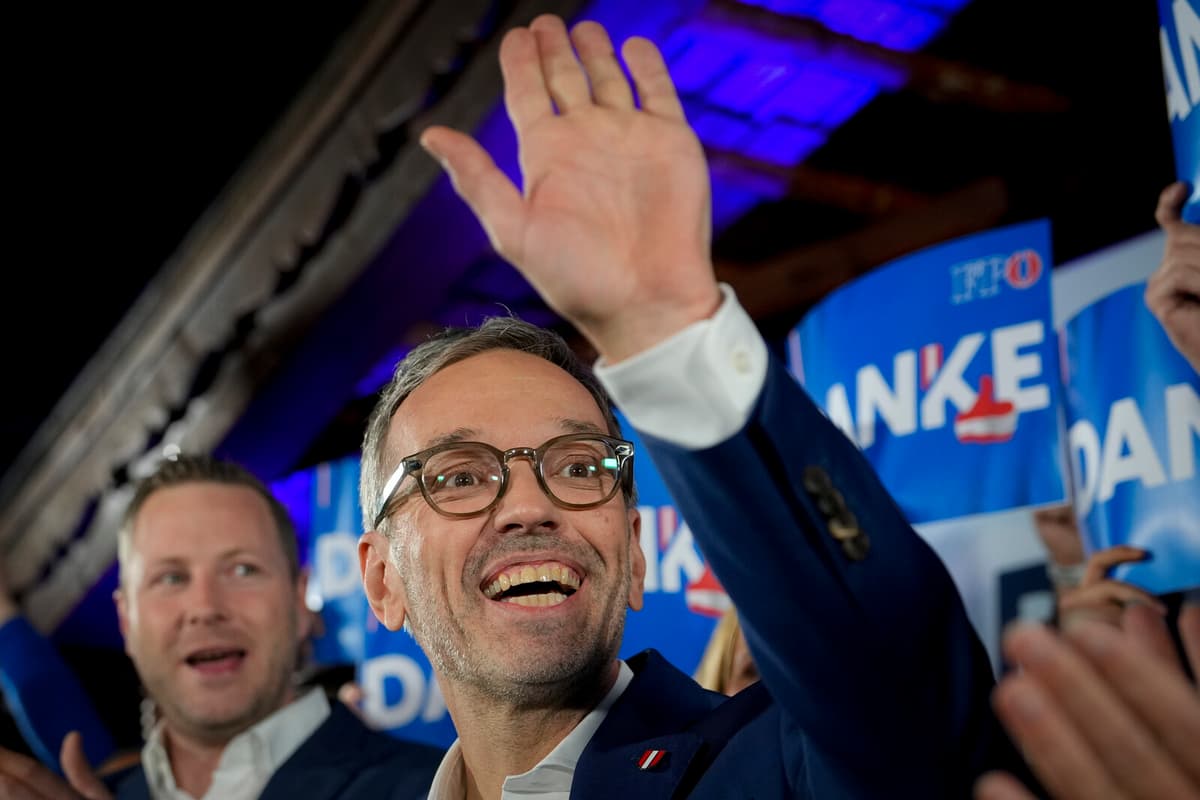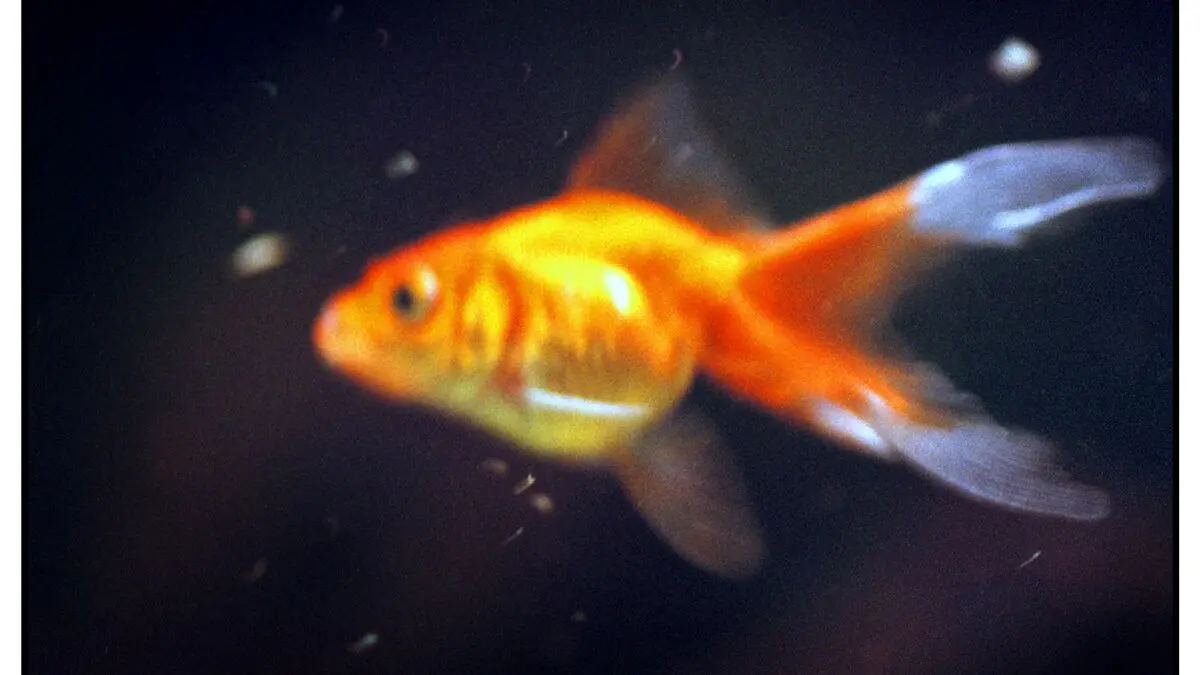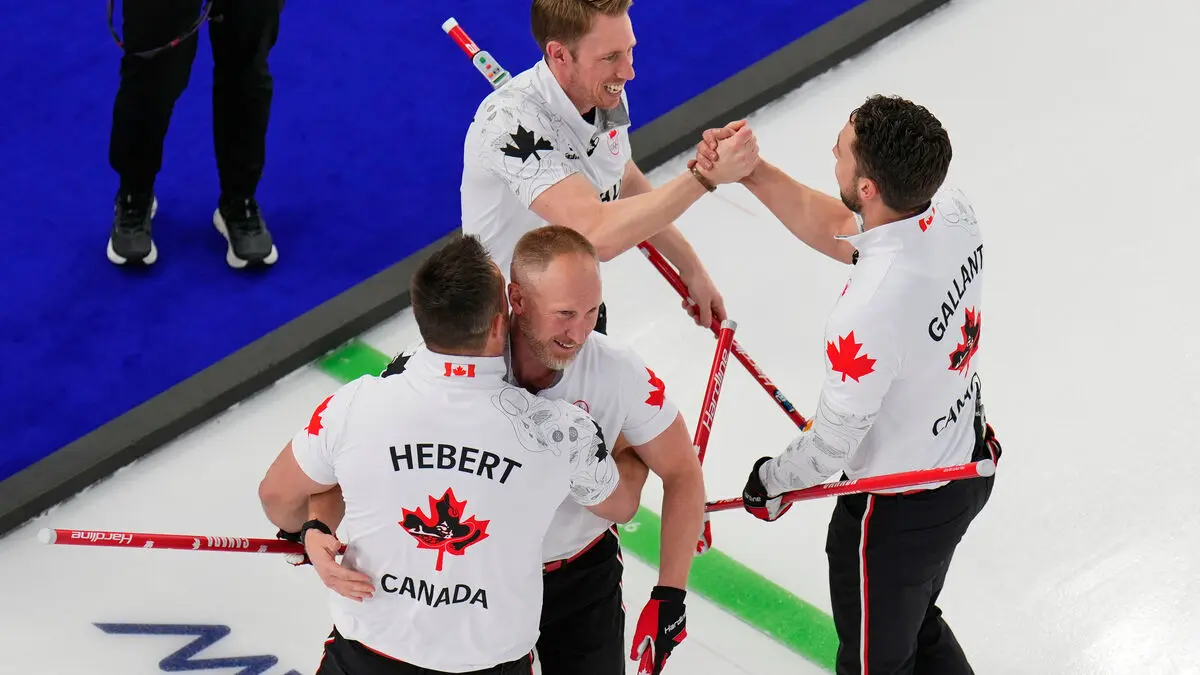The Kickl-led Freedom Party (FPÖ) became the largest with 29.2 percent of the votes in Sunday's parliamentary election, followed by 26.5 percent for the conservative ÖVP and 21 percent for the social democratic SPÖ.
Kickl now wants to negotiate with the others to become Chancellor.
Our hand is extended. We have always said that we are ready to lead a government, we are ready to drive through this change in Austria, he said on Austrian TV on Sunday.
Likes Orbán
The 55-year-old former interior minister has gathered frustrated voters by portraying FPÖ as a vote against the establishment. The party is strongly critical of immigration, disliked the coercive measures during the covid era, and wants to abolish all sanctions against Russia to get cheaper energy.
Kickl sees neighboring Hungary's Prime Minister Viktor Orbán as his political role model and would like to get a similar regime in Austria.
But that is still a long way off – largely because all potential coalition partners see Kickl himself as too radical.
With Herbert Kickl, I don't see any way for them to find a majority, says political scientist Kathrin Stainer-Hämmerle at a digital seminar at the think tank EPC.
Speaker instead?
Purely politically, she believes that FPÖ and ÖVP could agree on a government program "in just a few days", in the same style as when the parties ruled together in 2017-19. Stainer-Hämmerle, however, expects Kickl to have to step aside – perhaps by settling for the role of speaker, rather than Chancellor.
Another alternative is for ÖVP to try to form a cross-block government with SPÖ and the liberal Neos. On the other hand, it risks making FPÖ even stronger in the next election.
Kickl can lean back and say "we are always the victims, we can wait a few years and then get an even bigger success", says Kathrin Stainer-Hämmerle.
FPÖ stands for Freiheitliche Partei Österreichs (Austria's Freedom Party) and was founded in 1955 by former Nazis.
From having had a more liberal profile, the Freedom Party was taken in a more right-wing radical and populist direction in the 1980s by then-party leader Jörg Haider. FPÖ has been part of several different government constellations and has driven a more or less xenophobic line.
FPÖ has long had close ties to Russia's President Vladimir Putin and his party United Russia. During the annexation of Crimea in 2014, the party leadership sided with Russia and was against EU sanctions.
Herbert Kickl, born in 1968 in Villach, was elected FPÖ leader in June 2021. Since then, the party's opinion polls have risen significantly.






